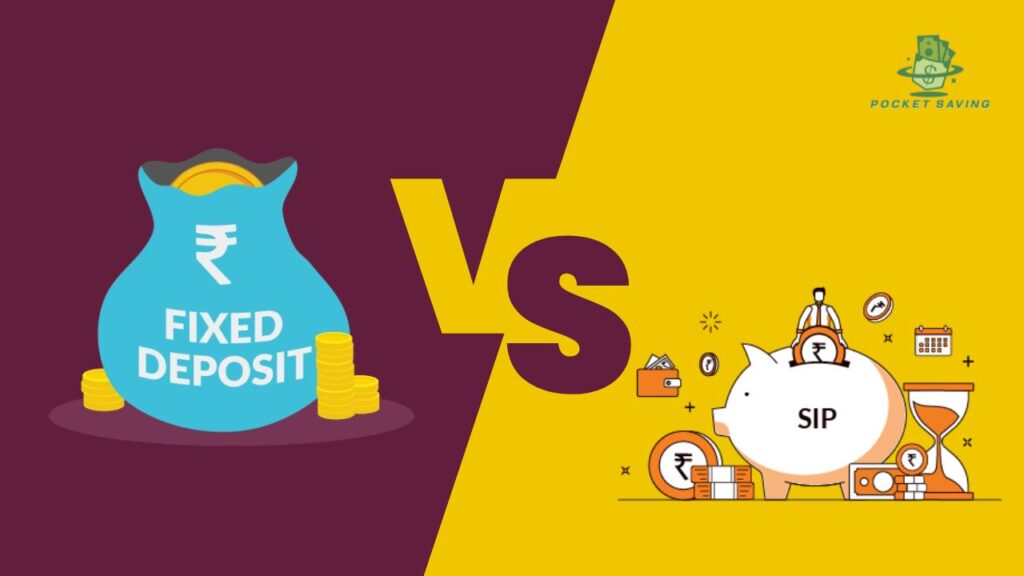Deciding whether to buy or rent a home is a big decision. Both options have their pros and cons.
The decision to rent or buy a home in today’s market depends on several factors, including your financial situation, lifestyle preferences, and the current real estate market conditions in your area. Here are some key considerations to help you decide:
Suggested Read: Should You Buy a Car or Rent? Which is Better for Saving Money and Financial Growth
Buy or Rent a Home: What’s the Best Choice for You?
1. Financial Factors
Costs and Affordability
- Renting: Generally, renting requires lower upfront costs. You usually need to pay the first month’s rent and a security deposit. However, rent payments do not build equity, and you may face rent increases over time.
- Buying: Buying a home involves higher upfront costs, including a down payment, closing costs, and moving expenses. Monthly mortgage payments can be comparable to or even lower than rent in some markets, especially with low interest rates. Homeownership also builds equity over time, potentially leading to financial gains.
Market Conditions
- Interest Rates: Currently, mortgage interest rates can significantly affect your monthly payments and overall affordability of buying a home. Low rates make buying more attractive, while high rates might make renting a better option.
- Home Prices: In some areas, home prices have increased rapidly, making buying more expensive. If you expect property values to continue rising, buying might be a good investment. However, if prices are at a peak, you might risk buying high and potentially facing a market correction.
Job Stability and Income
- If you have a stable job and reliable income, buying might be a better long-term investment. However, if your income is uncertain or you might need to move for work, renting provides more flexibility.
2. Lifestyle Factors
Flexibility and Mobility
- Renting: Renting offers greater flexibility to move without the need to sell a property. This is ideal if you anticipate relocating for work, lifestyle changes, or if you prefer a low-commitment living situation.
- Buying: Buying a home offers stability and the freedom to personalize your space. It’s a good choice if you plan to stay in one place for several years and want to invest in your property.
Maintenance and Responsibility
- Renting: Renters typically don’t have to worry about maintenance and repairs, as these are the landlord’s responsibility. This can save time and reduce stress.
- Buying: Homeowners are responsible for all maintenance and repairs, which can be costly and time-consuming. However, they also have complete control over their property.
3. Tax and Investment Considerations
Tax Benefits
- Buying: Homeowners can benefit from tax deductions on mortgage interest and property taxes, which can offset some of the costs of owning a home.
- Renting: Renters do not receive these tax benefits, but they also don’t pay property taxes directly.
Investment Potential
- Buying: Real estate can be a good investment if property values increase. Homeownership can also provide a sense of financial security and a hedge against inflation.
- Renting: While renting does not build equity, it allows you to invest your savings in other areas, such as stocks, bonds, or other assets, which might offer better returns in some cases.
4. Local Market Analysis
Location-Specific Trends
- Research the real estate market in your area. In some cities, renting is more affordable due to high home prices. In other areas, low interest rates and reasonable home prices make buying more attractive.
- Consider factors like the local economy, job market, school districts, and future development plans, as these can impact property values and rental rates.
Wrapping Words
In today’s market, there is no simple answer to whether it is better to rent or buy a property. Analyze your financial situation, lifestyle preferences, and local market conditions. Renting provides flexibility and lowers initial costs, whereas buying can increase equity and provide stability. Make the decision that suits your personal and financial goals.
Also Read: 10 Smart Financial Tips to Increase Your Savings
FAQs
Renting: Lower upfront costs, but monthly rent payments don’t build equity. You may face rent increases.
Buying: Higher upfront costs, including a down payment and closing costs. Monthly mortgage payments can build equity and may be more stable over time.
Lower interest rates make buying more affordable by reducing monthly mortgage payments.
Higher interest rates increase the cost of borrowing, making renting potentially more attractive.
Homeowners can deduct mortgage interest and property taxes from their taxable income, which can lead to significant savings.
Renting is usually better if you anticipate moving within a few years due to its flexibility and lower upfront costs.
Yes, in markets where home prices are very high or rental prices are relatively low, renting can be more affordable.
Stability: Owning a home offers stability and the freedom to personalize your space.
Flexibility: Renting provides the ability to move more easily and less responsibility for maintenance.






[…] Also Read: Should You Buy or Rent a Home in today’s market? […]